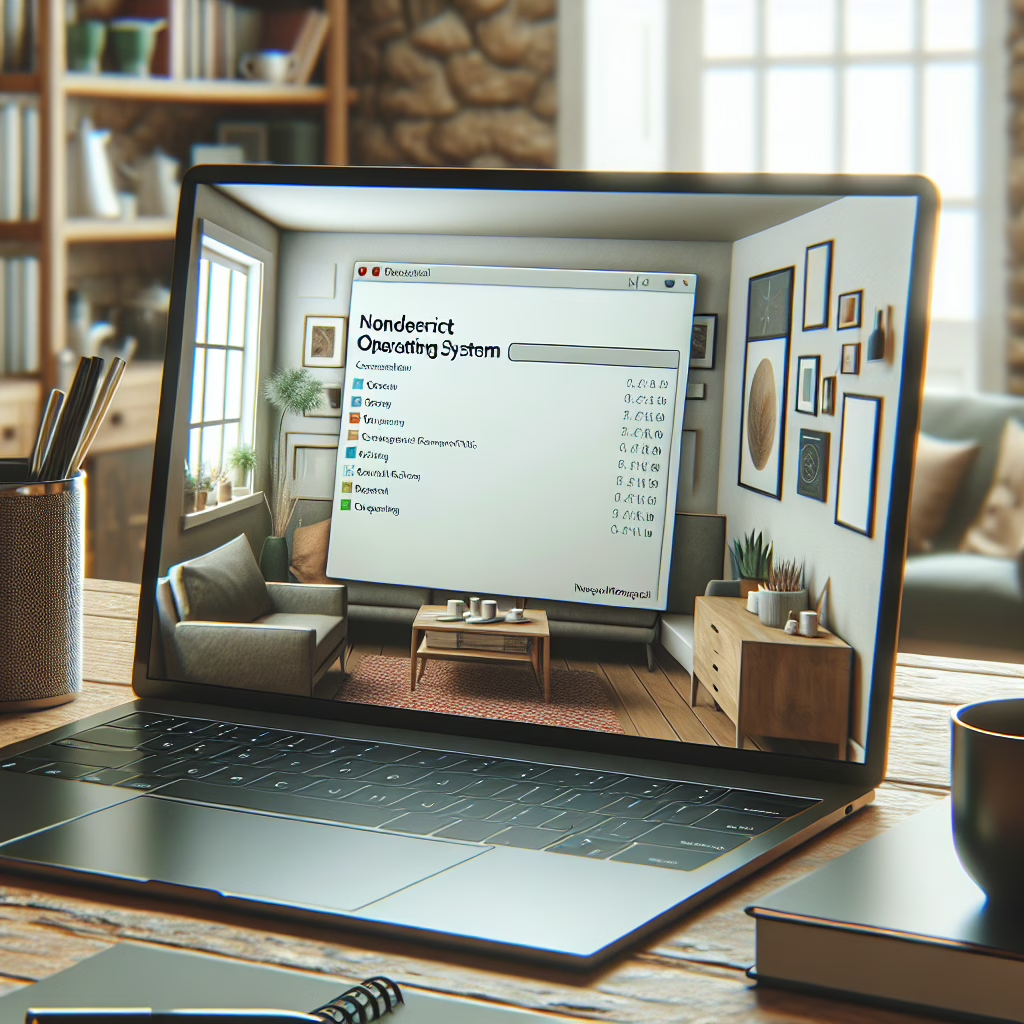As we glide into the exciting world of 2025, the tech landscape continues to evolve at breakneck speed. Windows 11 has become the belle of the ball, but not every laptop is invited to this extravagant party. In fact, some manufacturers, like ASUS, are joining Microsoft in a quirky campaign that seems to suggest it’s time for you to ditch your trusty old laptop for a shiny new Copilot PC. But is it really worth it? Let’s dive in!
Why Can’t You Upgrade Your Laptop to Windows 11?
If you’ve ever tried to squeeze a size 12 foot into a size 8 shoe, you know how frustrating it can be when your beloved laptop doesn’t meet the requirements for Windows 11. Microsoft’s system requirements are strict—like your grandmother at Thanksgiving. They insist on TPM (Trusted Platform Module) 2.0 and secure boot capabilities, which many older models simply lack. So, if you find yourself staring at that pesky compatibility error message, know that you’re not alone.
But fear not! This isn’t just about what you can’t do; it’s also about what’s next. The push from ASUS and others is clear: they want you to consider a Copilot PC. These machines come pre-loaded with Windows 11 and are designed to make your digital life smoother than a buttered biscuit. They promise performance boosts and features that will have you feeling like a tech wizard.
What is a Copilot PC?
You might be wondering, “What on earth is a Copilot PC?” Imagine your laptop had a sidekick—someone who always has your back, never complains about being overworked, and actually helps you navigate through tasks. That’s the essence of a Copilot PC! These devices are engineered to enhance productivity with features like AI-driven multitasking capabilities and seamless integration with various apps.
ASUS is keen on marketing their latest models as the ultimate solution for those looking to leap into the future with Windows 11. They tout specifications that would make any tech enthusiast swoon—fast processors, abundant RAM, and graphics that can handle anything from spreadsheets to high-octane gaming.
The Price Tag Dilemma
Now, let’s talk about the elephant in the room—the price tag! Upgrading your laptop or buying a new Copilot PC can feel like purchasing a small island. While it’s true that these new machines come with shiny features and the promise of smooth sailing through Windows 11, do they really justify their cost? That’s where it gets tricky.
ASUS and Microsoft seem to think that if they build it, we’ll buy it—like Field of Dreams but for laptops. However, many users may find themselves wondering if they truly need all those bells and whistles or if their current device can hold its own for just a bit longer. After all, what’s wrong with an old faithful laptop that still gets the job done?
Is It Time to Upgrade?
So how do you decide whether to stick with your current device or jump on the Copilot PC bandwagon? Here are some insightful tips:
- Assess Your Needs: If you’re using your laptop primarily for browsing cat videos and online shopping, maybe an upgrade isn’t necessary just yet.
- Consider Future Proofing: If you’re planning on diving into more demanding software or games, investing in a new machine could save you headaches down the line.
- Check Compatibility: Run Microsoft’s PC Health Check tool to see if your existing laptop can run Windows 11 without throwing a tantrum.
The Final Verdict
In conclusion, while ASUS and Microsoft may have their hearts set on convincing us all to hop aboard the Copilot PC train, it’s essential to take stock of what you need versus what’s being marketed at you. Sometimes sticking with your old trusty laptop could be the wisest choice—after all, nostalgia has its perks!
So dear reader, have you made up your mind? Will you embrace the shiny new technology or cling onto your vintage device? Either way, let us know in the comments below!
For further reading on tech developments, check out our articles on Why You Shouldn’t Peel Off Your Nintendo Switch 2 Screen’s Protective Layer and China’s Chip Designers Merge to Compete Better Against Intel, AMD and Nvidia.

